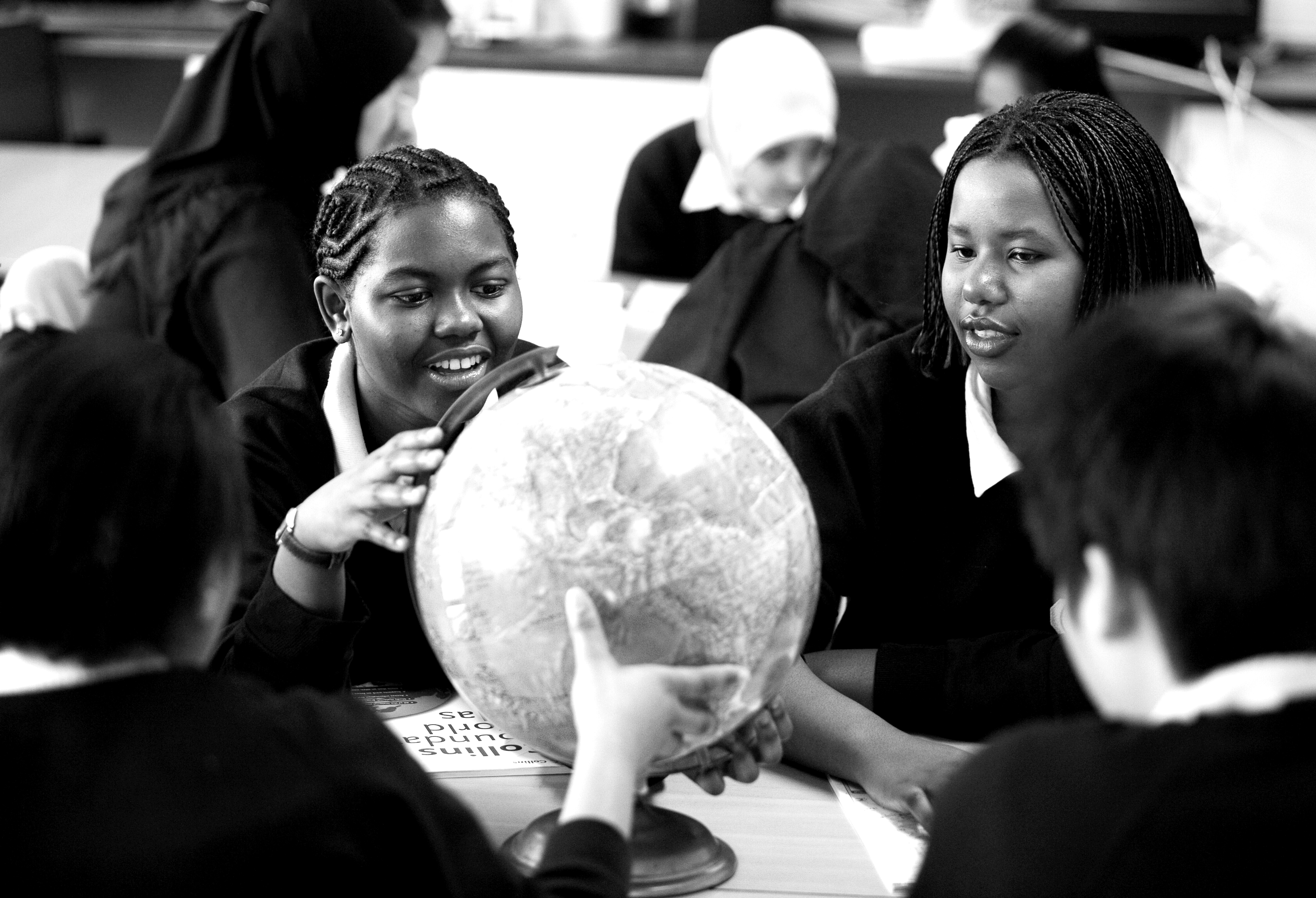This blog post was published under the 2017 – 2019 Conservative government
As teachers, we understand that during their teenage years our pupils will be searching for answers to questions about identity, faith and belonging, as well as looking for adventure and excitement.
This can mean that they are particularly vulnerable to extremist groups, online and via social media, who may claim to offer answers to such questions.
It is vital, therefore, that we help young people build resilience to harmful influencers and ensure our pupils develop self-confidence, self-worth and the ability to think critically.
Here, we explore ways in which to encourage personal resilience and a positive sense of identity amongst our pupils.
Much of this is based on general good practice and effective teaching however, there are some key aspects to our teaching approach which can further help our pupils form the skills and traits they need to be resilient to extremist narratives.
1. Personal Resilience
Personal resilience in this context relates to the capacity of young people to control their own emotions and feelings, to engender feelings of positive well-being and to exercise control over their lives and the challenges with which they are presented.
One way in which this can be fostered is through the use of scenario-led theoretical frameworks such as ‘ABC’, which has been designed help pupils to deconstruct emotionally challenging situations by encouraging them to break down a problematic situation into:
A – an Activating event, Action or Adversity
B – a Belief which either motivated the activating event or was formed as a result of the activating event
C – Consequence.
By breaking down a range of problematic situations into these three components, pupils are encouraged to reflect on thoughts and beliefs following an activating event (such as a terrorist attack or exposure to extreme narratives), and examine how far it was grounded in real evidence vs. assumptions or faulty thinking.
Asking pupils to question the veracity of their response to destabilising events empowers them to challenge their fears and, in turn, helps curtail the influence of harmful narratives and behaviors which may potentially arise as a result.
Educate Against Hate hosts a number of ready-to-use resources which follow the guiding principles of ABC, including the PSHE association’s framework for schools to use to facilitate classroom discussions in the event of a terrorist attack, and the ‘Essentials of Dialogue’ guide, which provides teaching materials to empower teachers to overcome some of the difficulties of talking about religious extremism with students who may be misinformed or upset.
2. Positive Sense of Identity
Positive sense of identity relates to how we encourage pupils be aware of, and feel positive about who they are, thereby equipping them with a defence against reductive or dangerous interpretations of identity. This is often used by extremists, which may invite young people to abandon parts of their identity (e.g. their role as a son or daughter, or a citizen of a democratic country, etc), and over-simplify and exaggerate other aspects (e.g. ‘I’m pure white English’).
This can be achieved through simply asking pupils to reflect on their identity, topics you could explore with pupils include:
- what they think builds an identity for them as individuals
- what they like about your local area: asking them to consider the local demographic profile, the extent to which the community is cohesive, and what changes they would make locally to help ensure that Britain is a more tolerant community?
- what it means to be British and what makes diversity valuable and what it might feel like to be stereotyped
The Deliberative Classroom guide has been developed in conjunction with Department for Education to support teachers in leading knowledge-based discussions on topical issues relating to fundamental British values, citizenship and equality, and may prove particularly useful for fostering a positive sense of personal identity in the classroom.
For more information and resources visit Teachers’ hub on our website.

